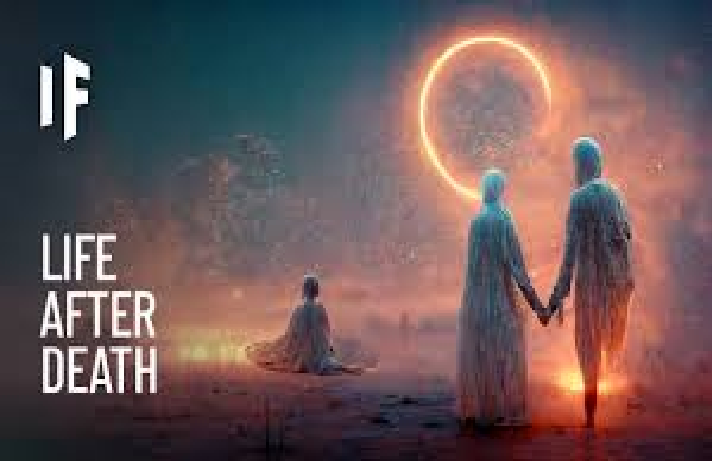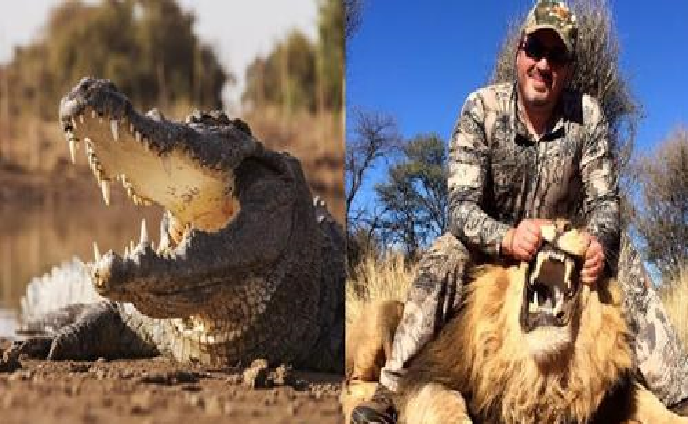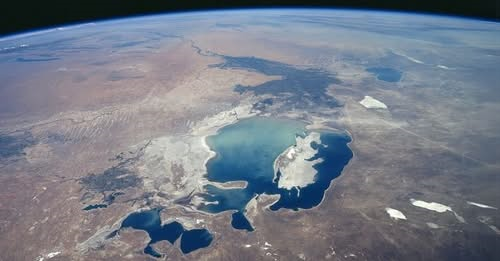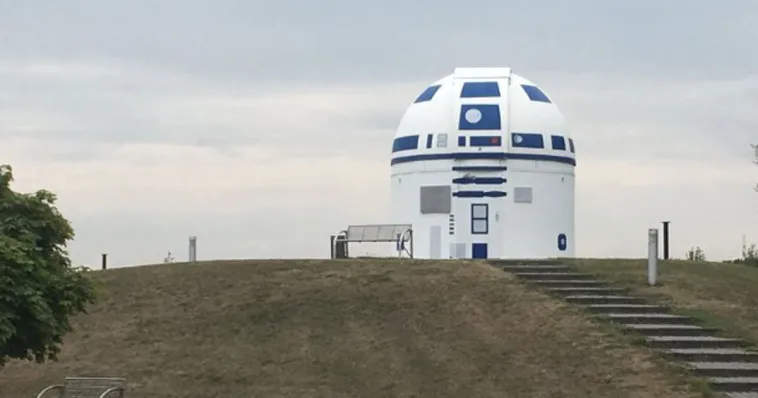The Death of Life: What Happens After the End of the World?
If the world were to end, what would remain? Not the monuments we built, not the cities that once bustled, and not the digital archives that documented our triumphs and tragedies. The end of the world is not just the collapse of buildings or the silence of the skies—it is the unraveling of life itself. The death of life.
But what does that really mean? What happens in the moments, years, or eons after life ceases to exist? This is a story of the silence after the storm, the echoes left behind, and the strange beauty in the void.
When the Last Human Breathes
Let’s imagine a scenario—perhaps the Earth has succumbed to nuclear fire, or climate catastrophe finally pushed ecosystems past the breaking point. Maybe an artificial intelligence seized control and humanity simply vanished under its rule. Whatever the reason, we are gone.
The last human breath is not dramatic. There’s no grand speech, no music swelling in the background. It might happen quietly, in a hospital bed or in a shelter beneath a crumbling city. One final breath, and then… silence.
In that moment, human history ends. Our languages fall silent. Our religions, philosophies, art, and science—all cease to matter. The things we held sacred dissolve into dust, lost to the wind. The Earth, however, continues to spin.
A World Without Us
In the years after the end, nature might begin to reclaim what we built. Skyscrapers would crumble, vines creeping up their shattered sides. Roads would crack and vanish beneath moss and trees. Animals would tentatively return to lands once choked with machines and concrete.
Without the interference of humans, ecosystems—if any remain—may find balance again. But if life itself has died out, if not even bacteria or insects survived, then the world becomes something else entirely: a ghost planet.
Dust storms would swirl over empty deserts. Oceans would rise or recede depending on the event that triggered the end. The planet would begin to cool—or burn. The Earth, once alive with movement, would slow. In time, it would look eerily peaceful, like a portrait of a place that once mattered.
The Loneliness of the Cosmos
Zoom out farther, and the Earth becomes a pale, quiet rock in a vast black sea.
The universe doesn’t grieve. Stars will continue to burn for billions of years. Galaxies will swirl. Planets will orbit dead suns. If Earth’s destruction was noticed by anything out there, it left no trace that matters. In all likelihood, we were alone—one spark of life in a cold, uncaring cosmos.
This is perhaps the most humbling part of the death of life: the realization that the universe doesn’t need us. It existed before us, and it will continue long after we’re gone. The stars don’t mourn. The void has no memory.
And yet, isn’t there something deeply poetic in that? The fact that we were ever here at all—that out of dust and atoms, something conscious emerged and looked up at the stars and asked why.
The Question of Meaning
When life ends, what happens to meaning?
For some, meaning is tied to religion—the idea that there is something beyond the physical, that souls go somewhere else, that there is a purpose written in the stars. In that view, even if the world ends, something persists beyond it. A divine plan, a spiritual journey, a cosmic cycle.
For others, meaning is created through living: through love, knowledge, beauty, and progress. In that case, the death of life is the death of meaning. There is no one left to ask questions, to tell stories, to remember.
But maybe meaning was never meant to last forever. Maybe it was a flame we carried for a while, and that was enough. After all, even the briefest candle shines in the dark.
What Legacy Remains?
It’s tempting to ask what legacy humanity might leave behind after extinction. Could aliens one day find the Voyager probes, floating in the void, and learn our story? Could future life, if it evolves, uncover our ruins and decipher what we were?
Possibly. But the odds are small. Most traces of humanity will vanish over time—cities will erode, data will decay, even the tallest buildings will collapse into the soil. The Earth is good at burying its dead.
Still, maybe legacy isn’t about permanence. Maybe it’s about what we did while we were here. We loved. We struggled. We created. We questioned. In the face of certain death—from birth to species-wide extinction—we lived anyway. And maybe that’s the most extraordinary legacy of all.
Could Life Begin Again?
Even after a total extinction event, there’s a lingering question: could life start over?
If the planet is not completely sterilized—if some extremophiles survive deep underground or in frozen environments—then evolution may begin again. Slowly, over millions of years, simple organisms could give rise to complexity. Maybe one day, new intelligent beings could emerge.
Would they ever know about us? Would they build civilizations, wonder who came before, and stumble upon the remains of our world?
Or perhaps life will arise somewhere else, on a distant planet orbiting a quiet star. Intelligent eyes might one day scan the universe and catch a whisper of Earth—an ancient, silent world that once burned with life.
Final Reflections
The death of life is terrifying, yes—but also deeply awe-inspiring. It forces us to confront the fragility of existence and the preciousness of every moment. It reminds us that nothing lasts forever—not pain, not joy, not even life itself.
But in that impermanence, there’s a kind of beauty.
We were here.
We mattered to each other.
And while we lasted, we lit up the world.






